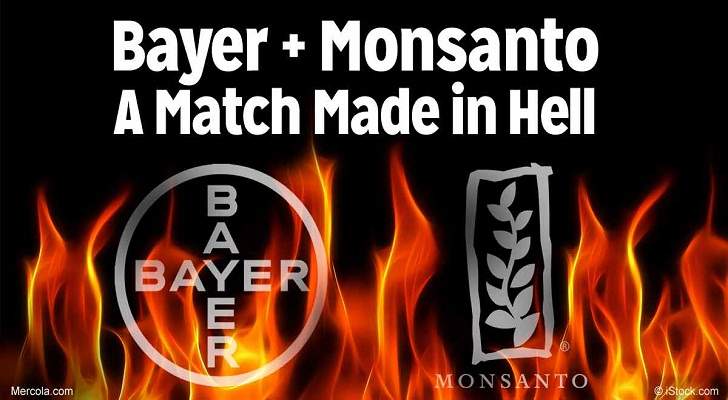In an another legal blow to Monsanto, India’s Supreme Court on Monday refused to stay the Delhi High Court’s ruling that the seed giant cannot claim patents for Bollgard and Bollgard II, its genetically modified cotton seeds, in the country.
Monsanto’s chief technology officer Robert Fraley, who just announced that he and other top executives are stepping down from the company after Bayer AG’s multi-billion dollar takeover closes, lamented the news.
Fraley tweeted, “Having personally helped to launch Bollgard cotton in India & knowing how it has benefited farmers … it’s sad to see the country go down an anti-science/anti-IP/anti-innovation path…”
Monsanto first introduced its GM-technology in India in 1995. Today, more than 90 percent of the country’s cotton crop is genetically modified. These crops have been inserted with a pest-resistant toxin called Bacillus thuringiensis, or Bt.
Citing India’s Patents Act of 1970, the Delhi High Court ruled last month that plant varieties and seeds cannot be patented, thereby rejecting Monsanto’s attempt to block its Indian licensee, Nuziveedu Seeds Ltd., from selling the seeds.
Because of the ruling, Monsanto’s claims against Nuziveedu for unpaid royalties have been waived, as its patents are now invalid under Indian law. Royalties will now be decided by the government.

